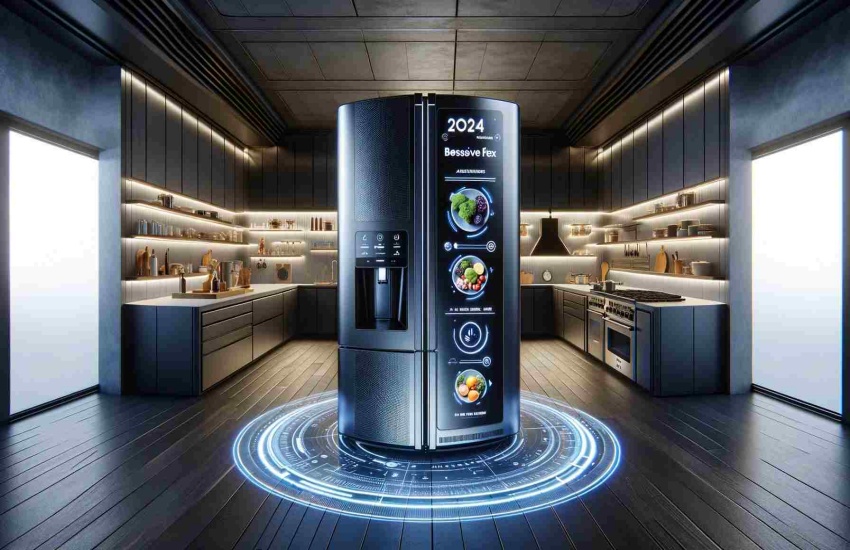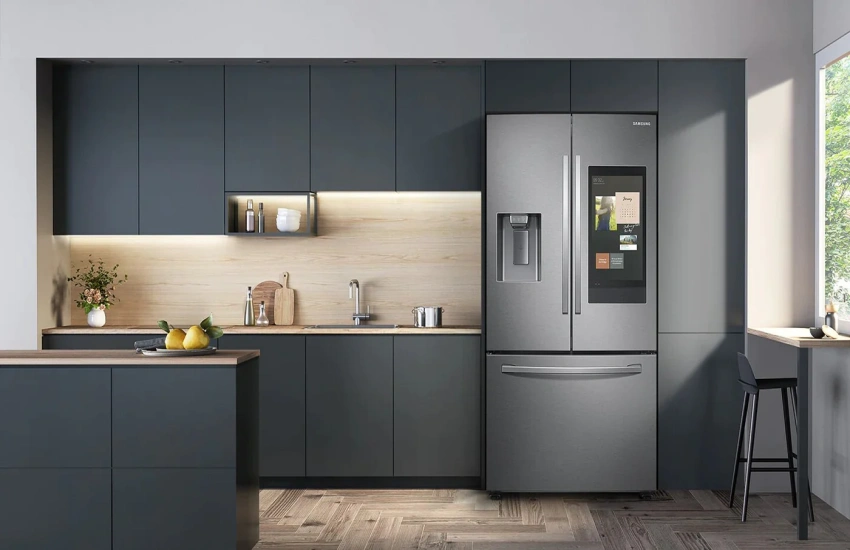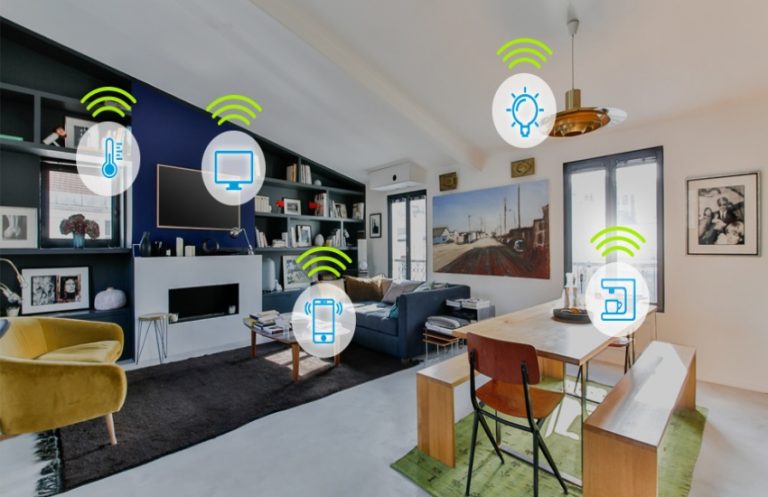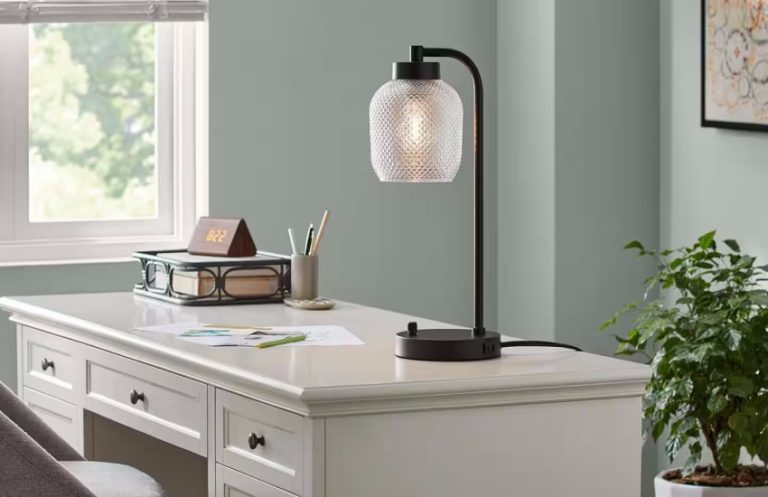
This connectivity allows users to access a variety of applications that can streamline meal planning and grocery shopping. Many smart refrigerators come equipped with built-in touch screens that display recipes, create shopping lists, and even sync with calendars. This integration simplifies everyday tasks and helps families stay organized.
Inventory management is another significant advantage of smart refrigerators. Many models include internal cameras that allow homeowners to view the contents of their fridge remotely via smartphone apps. This feature eliminates the need to open the refrigerator door frequently, helping to maintain a consistent temperature and reduce energy consumption. Users can check what items they have on hand while grocery shopping, ensuring they do not purchase duplicates or forget essential items.
Smart refrigerators often feature advanced cooling technologies that enhance food preservation. Some models utilize dual cooling systems that maintain optimal humidity levels in both the refrigerator and freezer compartments. This technology helps extend the freshness of fruits and vegetables while preventing freezer burn on frozen items. Homeowners can enjoy longer-lasting groceries and minimize food waste, contributing to a more sustainable lifestyle.
Energy efficiency is a crucial consideration for many homeowners. Smart refrigerators are designed with energy-saving features that can help reduce utility bills. Many models are equipped with LED lighting, which consumes less energy than traditional bulbs. Additionally, smart refrigerators often have energy monitoring capabilities that allow users to track their energy consumption over time. This transparency encourages users to make more informed choices about their energy usage.

Customization options are abundant with smart refrigerators. Many models offer adjustable shelving, temperature controls, and even specialized compartments for specific food items. This flexibility allows homeowners to organize their refrigerators according to their unique needs, maximizing space and accessibility. Some smart refrigerators even offer specific modes for different types of food, ensuring optimal storage conditions.
Voice control is becoming increasingly common in smart appliances, including refrigerators. Homeowners can use voice assistants to manage their refrigerators hands-free. This capability allows users to add items to their shopping lists, check the status of their fridge, or even set reminders without needing to interact directly with the appliance. This level of convenience is particularly beneficial for busy households.
When considering a smart refrigerator, it is essential to evaluate the compatibility with existing smart home systems. Many models can integrate seamlessly with other smart devices, such as smart ovens, lights, and security systems. This interconnectedness enhances the overall efficiency of the home, allowing users to control multiple aspects of their living environment from a single platform.
With features that promote organization, energy efficiency, and food preservation, these appliances are designed to fit the needs of modern families. By embracing the technology of smart refrigerators, homeowners can enjoy a more convenient and sustainable approach to meal management and food storage.





